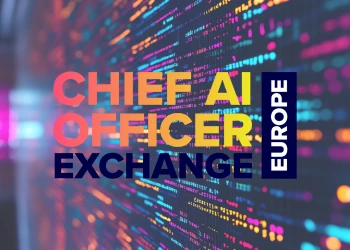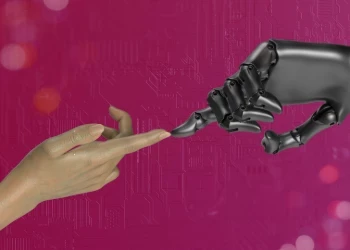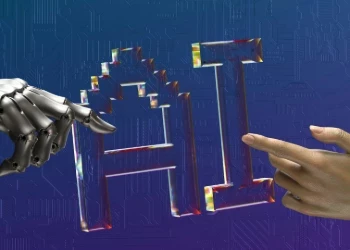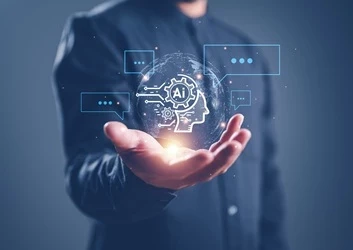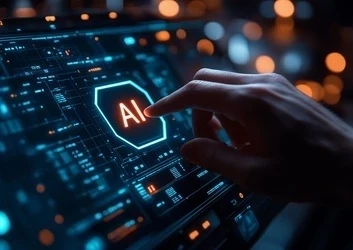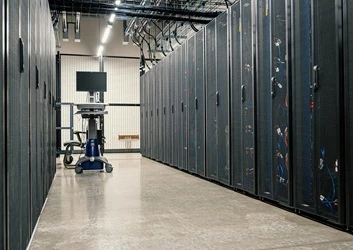An Express Guide to Robotics
Add bookmark
What is Robotic Process Automation (RPA)?
While artificial intelligence is focused on replicating human intelligence, Robotic Process Automation (RPA) seeks to reproduce human activities, albeit with significantly more speed and accuracy. However, despite its moniker, RPA does not refer to physical robots but rather software robots or “bots” capable of performing repetitive, rules-based tasks and processes. For example, copying & pasting, data extraction, data entry, etc.
Though many speculate that RPA and other intelligent technologies will one day replace human workers, RPA is really, more than anything, designed to enhance the employee experience by eliminating arduous administrative tasks and unlocking next gen data analytics.
RPA functions typically fall into one of 3 categories:
- Attended: Bots that work alongside humans on processes that can’t be entirely automated.
- Unattended: Bots that work independently of humans. Intended to perform high volume, rules-based tasks that can be 100% automated due to low complexity.
- Hybrid: Enables the seamless and automatic transfer of work between humans and bots.
What is Intelligent Process Automation (IPA)?
When AI and RPA work together, it’s called Process Automation (IPA). Unlike pure RPA, IPA is able to learn from its experience as well as identify, troubleshoot and repair performance issues on its own. And the results speak for themselves. According to a report by Mckinsey, companies who have already adopted IPA have already automated 70% of their tasks as well as achieved an ROI of over 100%.
IPA has now ushered in a new era of intelligent enterprises and digital transformation. The intelligent enterprise leverages advanced data analytics, RPA, IPA, and other new innovations to optimize processes, maximize customer satisfaction and enhance the employee experience. Companies that fail to do this will undoubtedly lose their competitive advantage in a rapidly changing and increasingly complex global marketplace.
What does the future hold for Robotics, RPA and IPA?
It won’t be long before bots become part of our everyday work lives, working alongside us as any other colleague. As intelligent automation becomes increasingly ubiquitous, many back-office functions will either become obsolete or evolve into more strategic or technical roles. With that in mind, it’s up to companies as well as universities to ensure we as a society are upskilling our global workforce to ensure our workforce is ready for what lies ahead.




